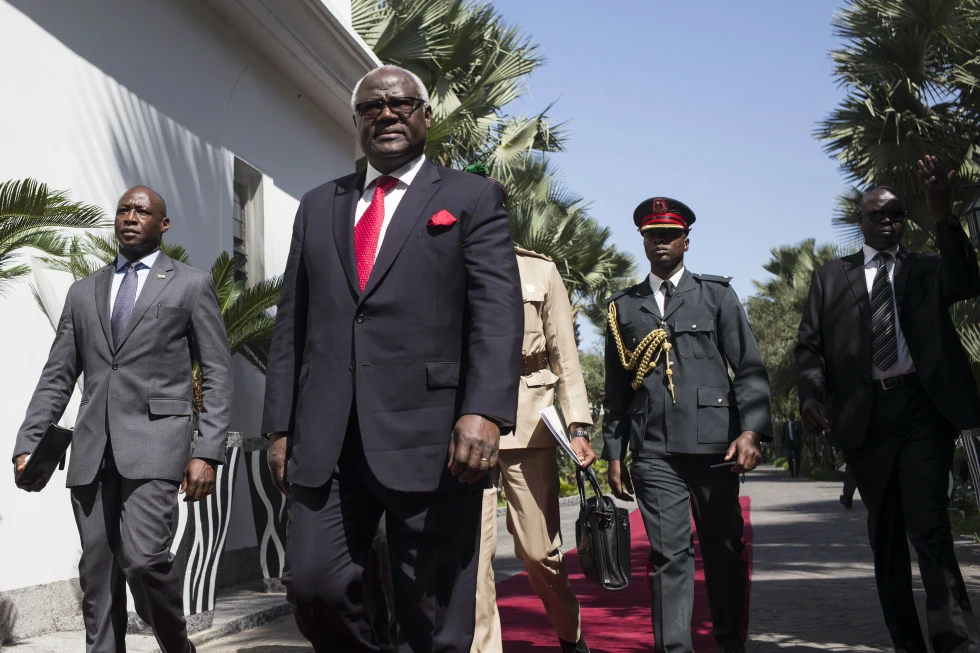In a startling development that has sent shockwaves through Sierra Leone, former President Ernest Bai Koroma is facing serious legal charges, including treason, for his alleged involvement in a failed military coup attempt in November. This announcement, made by a court in the capital, Freetown, has plunged the West African nation into a deeper political crisis.
The charges against Koroma include treason, misprision of treason, and two counts of harbouring. This development comes at a time when Sierra Leone is still grappling with the aftermath of a contentious election, which saw President Julius Maada Bio re-elected for a second term in June 2023 amid disputed circumstances. The political atmosphere in Sierra Leone, still healing from a brutal civil war (1991-2002) that claimed over 50,000 lives, is increasingly fragile.
The events leading to these charges unfolded dramatically on November 26, when armed assailants targeted military barracks, a prison, and other strategic sites in Sierra Leone. This led to the escape of about 2,200 inmates and resulted in the deaths of more than 20 individuals. The government later described these events as a foiled coup attempt, primarily orchestrated by members of Koroma’s security team. Koroma, who had condemned the attacks, was summoned for questioning in early December.
In a tense courtroom scene, the charges were read out to Koroma, eliciting emotional responses from his supporters. Joseph Kamara, representing Koroma, lambasted the charges as a dangerous precedent, alleging political vendetta. The high court later granted bail to the former president, albeit with restrictions on his movement. The case has been adjourned until January 17, setting the stage for a high-stakes legal battle that could have profound implications for Sierra Leone’s legal and political landscape.
The legal turmoil surrounding Koroma occurs in a broader context of political instability and international scrutiny. The recent election results were not only contested by the main opposition but also raised concerns among international observers, adding layers of complexity to the nation’s democratic journey.
In addition to Koroma, the government has charged 12 other individuals, including members of his security detail and former law enforcement officers, with treason in relation to the attempted coup. Among them is Amadu Koita, a former soldier and Koroma’s bodyguard, known for his criticism of the current government on social networks.
As Sierra Leone confronts this challenging chapter, the outcome of these proceedings will be a litmus test for the country’s commitment to justice and democratic principles. The trial of Ernest Bai Koroma is not just about the legal fate of a former leader but is emblematic of Sierra Leone’s struggle to forge a stable and democratic future in the aftermath of its turbulent history.

Photo Credit: AP Photo, Sylvain Cherkaoui




